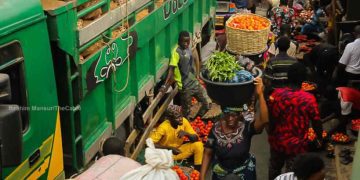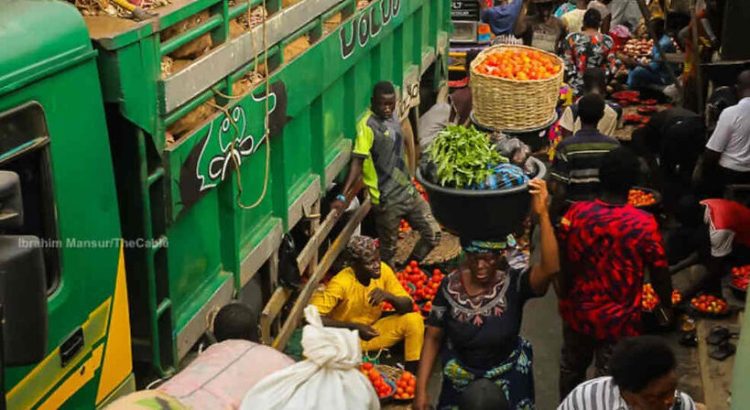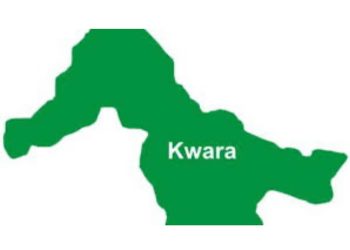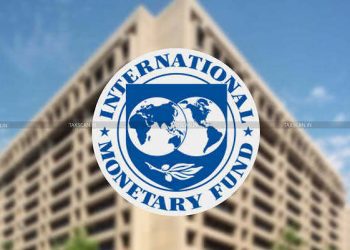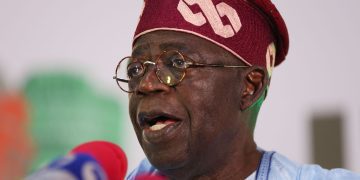The National Bureau of Statistics (NBS) has announced that Nigeria’s nominal Gross Domestic Product (GDP) now stands at N372.82 trillion as of 2024, following a comprehensive rebasing exercise that adopted 2019 as the new base year.
According to the NBS report titled “Rebasing of Gross Domestic Product (GDP)” released on Monday, the country’s economy is significantly larger than previously estimated. The rebased figures show a steady rise in nominal GDP:
- N205.09 trillion in 2019
- N213.64 trillion in 2020
- N243.30 trillion in 2021
- N274.23 trillion in 2022
- N314.02 trillion in 2023
- N372.82 trillion in 2024
The revision represents a 41.7% increase in nominal GDP estimates, though lower than the 59.7% jump recorded in the 2010 rebasing.
Real GDP Growth and Sectoral Breakdown
Real GDP contracted by -6.96% in 2020 due to economic shocks but recovered with growth rates of:
- 0.95% in 2021
- 4.32% in 2022
- 3.04% in 2023
- 3.38% in 2024
The top five contributors to GDP (based on the 2019 base year) are:
- Crop Production – 17.58%
- Trade – 17.42%
- Real Estate – 10.78%
- Telecommunications – 6.78%
- Crude Petroleum and Natural Gas – 5.85%
Real estate overtook crude oil to claim third place, reflecting better coverage of informal economic activities, a key improvement in the rebasing process.
Services Remain the Largest Sector
Using broad sector classifications, the services sector maintained its dominance, contributing 53.09% of GDP in 2019 (up from 52.60% in the previous estimate).
Agriculture followed with 25.83%, while the industrial sector contributed 21.08%.
Still Fourth-Largest Economy in Africa
Despite the revised figures, Nigeria retains its position as Africa’s fourth-largest economy, behind:
- South Africa – $400.26 billion
- Egypt – $389.05 billion
- Algeria – $263.61 billion
Using the CBN official exchange rate of N1,536.50/$ as of December 31, 2024, Nigeria’s rebased GDP translates to $242.64 billion; an improvement on the $187.75 billion previously reported by the World Bank in April 2024, but still not enough to surpass its continental peers.
The GDP rebasing included a wider scope of economic activities such as digital services, creative industries, fintech, and segments of the informal economy, offering a more accurate reflection of Nigeria’s economic landscape.
